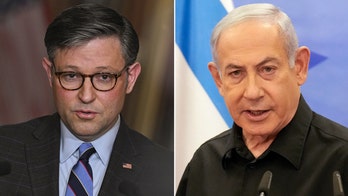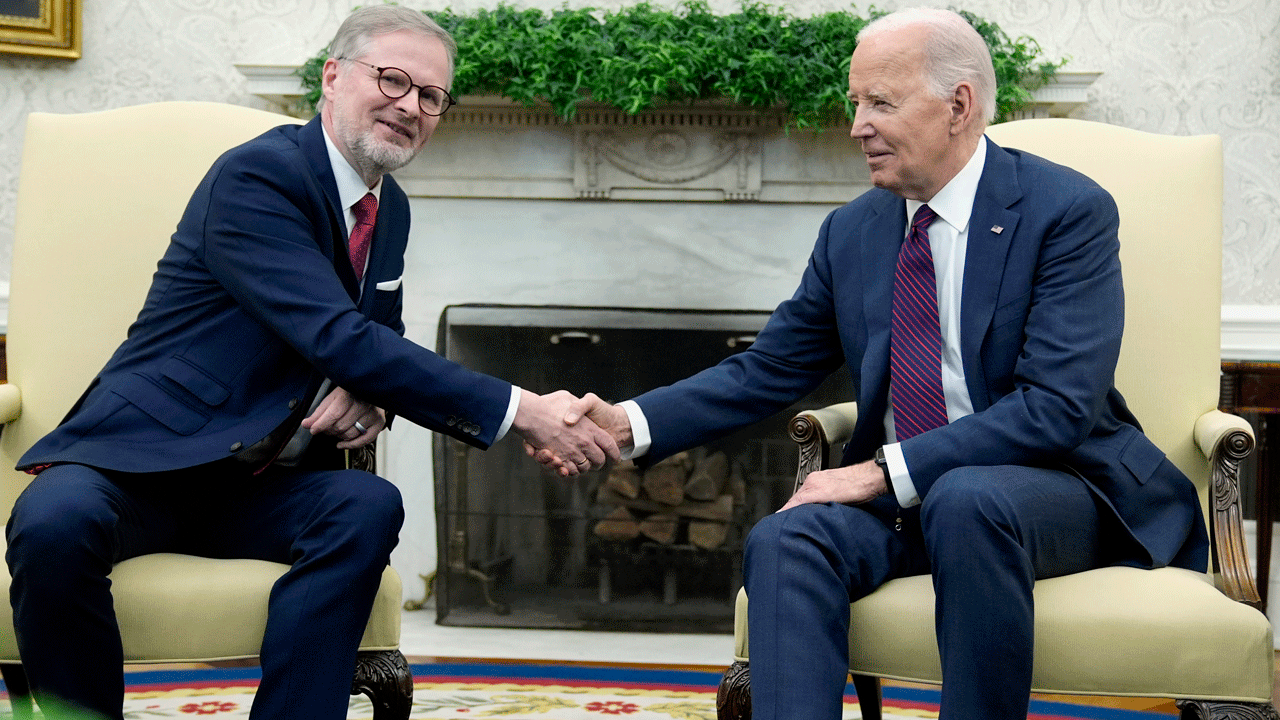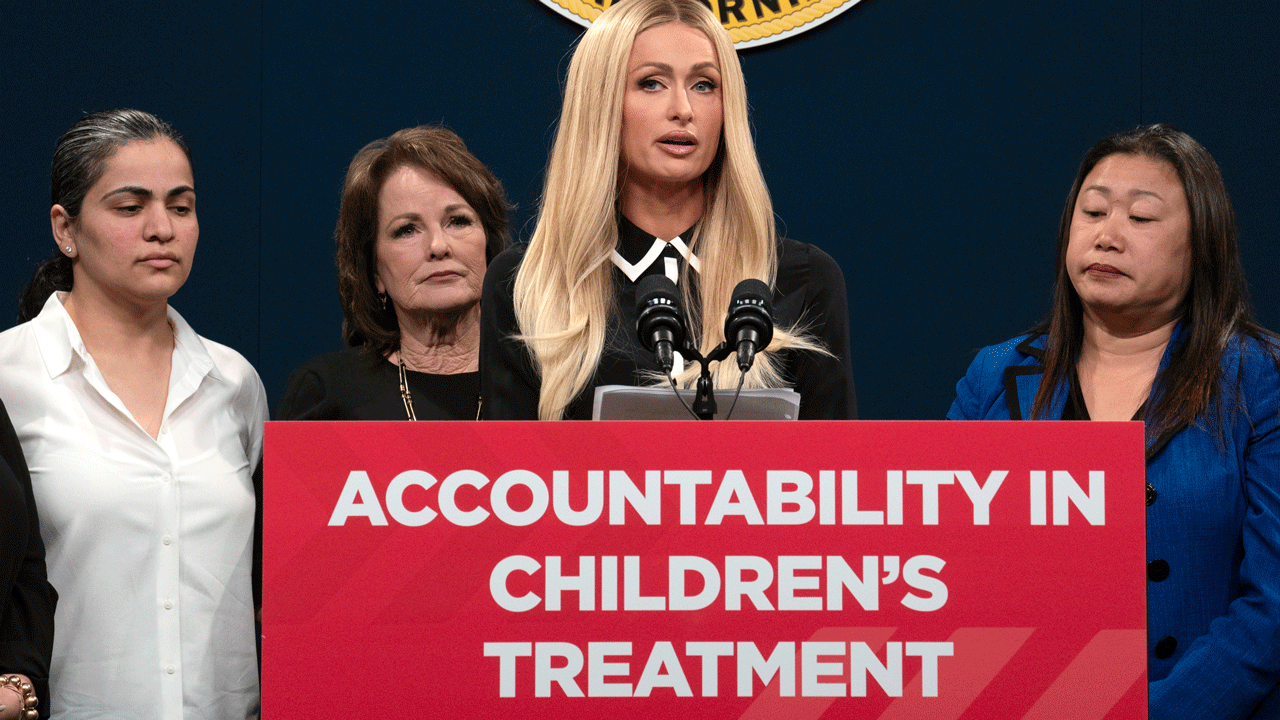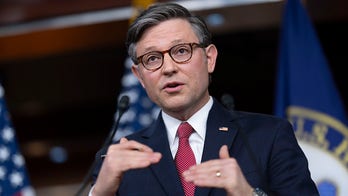WASHINGTON -- Only three Republican presidential candidates are worth any money -- campaign money, that is.
Mitt Romney, Rick Perry and Ron Paul have banked millions. But the other GOP candidates are struggling or broke, putting their candidacies in question four months before the first nominating contests take place.
Ahead of a critical fundraising deadline Friday, all of the GOP's contenders -- regardless of the level of their financial health -- are furiously courting donors in Texas, Georgia, Washington and elsewhere. It's a last-minute attempt to pick up cash before they file a three-month summary that will measure one aspect of the financial strength of their campaigns.
"With the support of people like you, we will be able to get America back to work again," Romney wrote to his email list Tuesday while he personally pressed donors in New York to pony up.
The candidates' own cash is just part of the picture because, this year, outside groups are allowed to raise and spend unlimited amounts of money to back specific candidates. And allies of Romney, Perry and Paul all have formed so-called SuperPACs to help their preferred candidates win the nomination.
That money aside, Romney is likely to post the strongest fundraising numbers, although his spokeswoman, Andrea Saul, said he'll raise "considerably less" than he did between April and June, his first fundraising quarter as a presidential candidate. In that period he reported gathering $18 million.
Perry donors claim he could hit $10 million, raised since he entered the race early last month. His advisers, however, dispute that. They're lowering expectations either so Perry's haul looks more impressive when it's announced, or it's an indication that the GOP front-runner hasn't seen a flood of money accompany the huge dose of enthusiasm he initially generated.
Paul's campaign asked supporters to celebrate the Texas congressman's Aug. 20 birthday with a donation -- and they gave him $1.6 million on that day alone. It's a pattern for Paul, who can seemingly turn on the money spigot when he needs to; his loyal libertarian backers have delivered like that on five occasions, to the tune of a million or more at a time.
The rest of the field lags far, far behind.
Jon Huntsman, the former Utah governor who is in the single digits in most state and national public opinion polls, recently had to write himself a half-million dollar check to keep his campaign afloat. Minnesota Rep. Michele Bachmann spent so much money in Iowa in August to win a statewide test vote that her web videos look more amateurish than professional now. Former House Speaker Newt Gingrich is still mired in debt. Herman Cain, the former pizza company executive, has loaned himself hundreds of thousands of dollars so he can keep running. And Rick Santorum's team acknowledges that the former Pennsylvania senator is barely scraping by.
All of these second- and third-tier candidates are trying to prove that they are still viable while trying to gather enough cash to pay for polling and advertising to push them through the pack. That's only going to get harder. Campaign fundraising is time-intensive and expensive. It limits time candidates can spend with voters. The meetings are private, limiting a candidate's ability to earn "free media" from news coverage.
"Listen: Money will always follow a message and a winning candidate. When you're out there moving up in the polls, you're going to be able to raise more money. That's just the way the way the system works," said Huntsman, who has contributed at least $2.5 million of his own cash since entering the race in June. He also has a SuperPAC backing him, though it's unclear just how much it's collected.
Bachmann, too, has help from an outside organization. And it looks like she's going to need it.
Early on, the tea party favorite built a base of small but repeated donors. But she's faced the challenge of pairing that network with people willing to chip in the $2,500 maximum. And, unlike some of her rivals, she doesn't have the big roster of fundraising consultants who specialize in raising big bucks. A huge investment in Iowa last month resulted in victory at an early test vote in the lead-off caucus state. But she fizzled out after that as Perry eclipsed her in state and national polls.
Now there are indications that she's struggling to raise the money needed to keep up with what Republicans say is a campaign that has a high "burn rate" in political speak, referring to the amount of money a campaign is spending against how much they're bringing in. Many of her top staffers have left the campaign, and she has scaled back what early on were slickly produced -- and costly -- events. It's unclear exactly how much she will report, and she was working right up to the deadline to prove she still was bringing in enough to compete.
There's no question that others are worse off.
Gingrich is expected to report a debt of around $500,000, substantial though less than the $1 million debt he posted three months ago. Santorum isn't in the red, though he's running a slimmed down campaign with few staffers and expenses. Cain, the former chief executive of Godfather's Pizza, has loaned himself $500,000 to keep running and says he's not paying as much attention to fundraising.
"Message is more important than money," said Cain.
Maybe to him.
Both Romney and Perry -- who lead the field in polls -- are working feverishly to prove their strength.
Romney, who has a fundraising network left over from his first campaign, has been "lining up" cash since spring in anticipation of a protracted nomination fight that will require loads of money. He is expected to raise less than the $18 million he brought in earlier this year, though he still will lead the field in overall money raised.
"We expect to raise what we need to run a competitive campaign," Saul, his spokeswoman, said.
Perry has been in the race less than two months, and his report will be dissected for clues about just how healthy his campaign really is, especially in the wake of shaky debate performances this month. His aides are working to make sure they collect on the promises donors have made over the past few months.
"It's hard cash and not good intentions that matter," said David Carney, Perry's top strategist. He noted that it takes time to put a fundraising operation in place, saying: "That doesn't happen in mere weeks."




